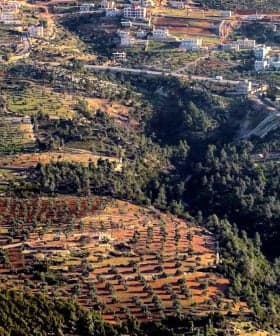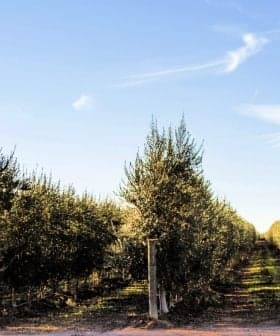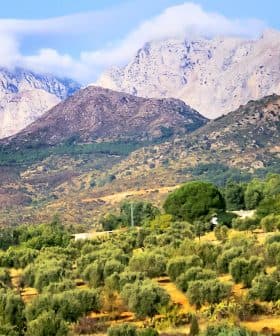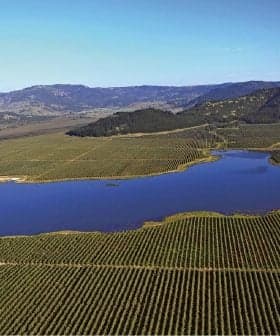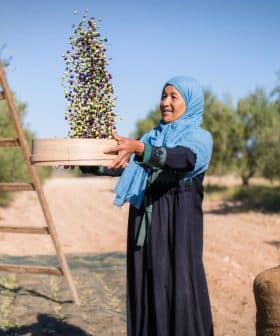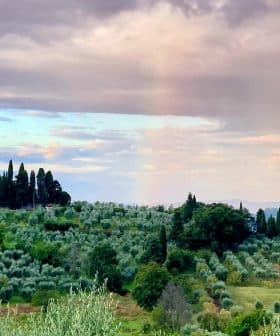Water Efficiency, Sustainability Must Go Hand in Hand in the Olive Grove
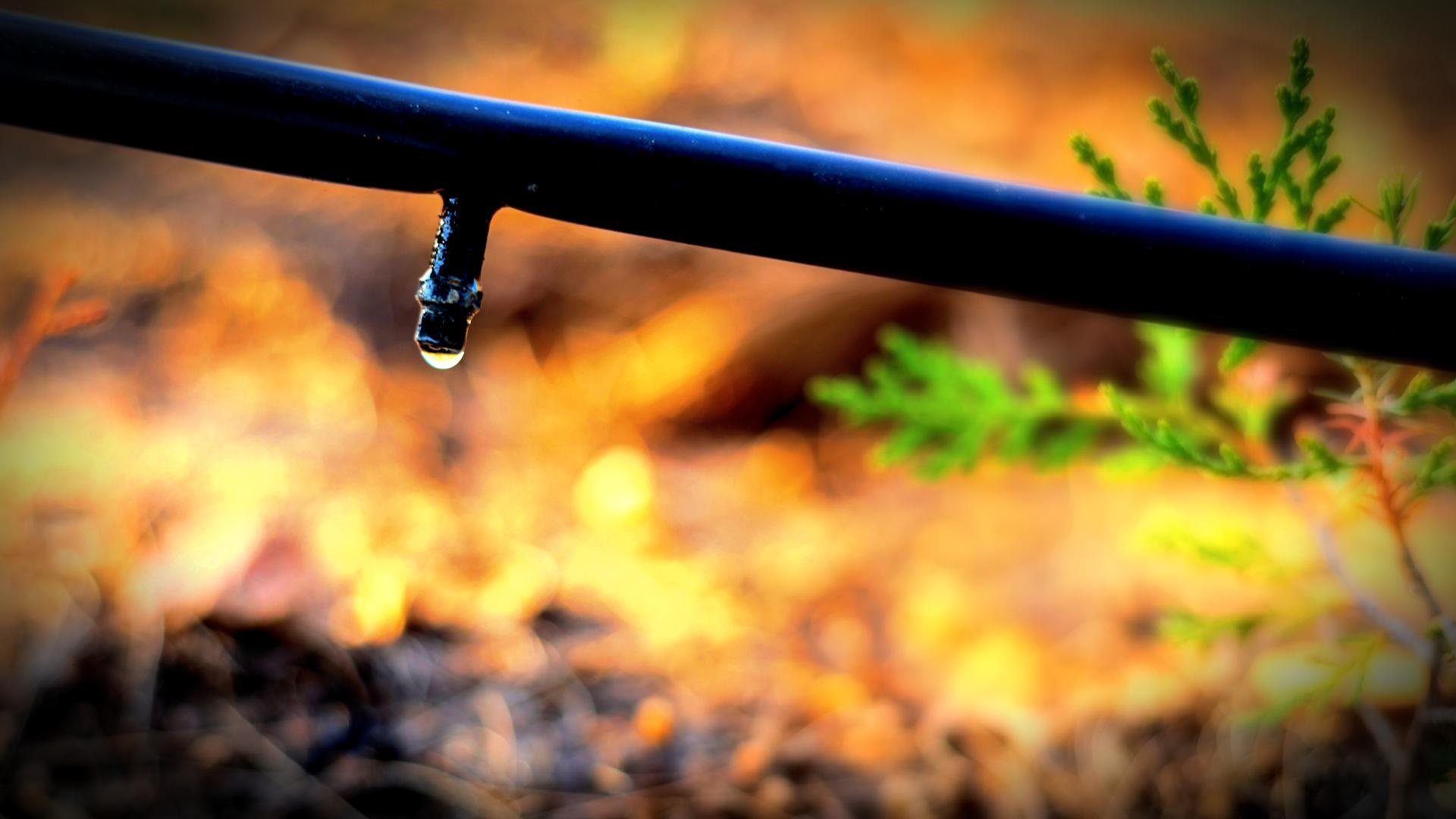
The National Agency for Meteorology in Spain has warned of continued warm temperatures and lack of rain through April, with precipitation ten times below average. Researchers are promoting a course on olive growing, sustainability, and climate change adaptation, emphasizing the importance of innovative approaches to cope with a changing climate and water scarcity in olive production. Techniques such as thermal imaging, drip irrigation, and recycling filtered wastewater are recommended to help olive growers mitigate the impacts of climate change and ensure the sustainability of their crops.
The National Agency for Meteorology in Spain (Aemet) has warned local institutions and farmers that warm temperatures and the lack of rain that started in March will persist through April.
Aemet said precipitation is ten times below average so far this year. Reservoirs in Spain reach, at best, half capacity, while farmers in the south are resorting to irrigation at an unusually-high volume for the season.
Traveling around the world and studying how olive growers are acting in several regions, I see how worrying about water scarcity does not always translate into appropriate action.
According to experts, a sustainable and innovative approach to olive farming is the only way to cope with a quickly changing climate.
“Adaptation strategies and technologies can make a significant difference in mitigating the effects of climate change and ensuring the sustainability of the olive groves in the long term,” Ramzi Belkhodja, administrator of the International Center for Advanced Mediterranean Agronomic Studies (CIHEAM) Zaragoza chapter of the plant production, health and breeding department, told Olive Oil Times.
See Also:Andalusia Increases Reservoir Capacity for Irrigating OlivesCIHEAM Zaragoza and the International Olive Council are promoting a specific course next September focussing on olive growing, sustainability, soil health, technologies and policies. Well-known international researchers will hold lectures.
“Farmers are becoming increasingly aware of what climate change may bring, so I believe that if the information is available, they will be the first to adopt climate change measures,” Hélder Fraga, a lecturer at the course and researcher at the University of Trás-os-Montes and Alto Douro’s agricultural and life science research and technology centers, told Olive Oil Times.
“It is difficult to generalize about the awareness of farmers regarding the current climate change scenario as it varies from region to region and farmer to farmer,” Belkhodja added.
“However, it is important to note that many farmers are experiencing the effects of climate change firsthand, such as unpredictable weather patterns and water scarcity, which can affect their crop yield and profitability,” he said.
While a basic understanding of the impacts of climate change has spread among growers at various latitudes, adaptation strategies are often faulty or outright missing.
“Traveling around the world and studying how olive growers are acting in several regions, I see how worrying about water scarcity does not always translate into appropriate action,” Arnon Dag, a fruit tree researcher at the Israeli Ministry of Agriculture, told Olive Oil Times.
He added that research could help irrigated and rainfed olive groves, which are more exposed to changes in precipitation patterns.
“Apart from supplemental irrigation, options for interventions on rainfed orchards are limited,” Dag said. “One approach we are working on in Israel is to balance the density of the olive tree canopy with water availability.”
“As evaporation happens through the leaves, if growers can monitor it, they can adjust the canopy,” he added. “They can reduce its volume when needed to curtail evaporation and maintain the health of the tree even when rainfall scarcity sets in.”
Thermal imaging techniques allow researchers to measure the trees’ water stress. Other tools enable them to estimate the right canopy volume and to what extent pruning is required.
Researchers recommend that growers with rainfed groves begin the transition to drip irrigation where possible.
Drip irrigation
Drip irrigation is a method of delivering water directly to the roots of plants in a slow and steady manner, minimizing water loss due to evaporation or runoff. This system works by using a network of pipes, valves, and emitters to deliver a precise amount of water to each plant. The emitters, typically spaced a few centimeters apart, release water at a low flow rate, providing a continuous supply of moisture to the roots of the plants.
“These are the two main considerations,” Dag said. “The first is efficiency in water use, and the second is low-quality water.”
He added that some advanced technologies and protocols already allow for treating sewage water produced by urban areas and recycling it for farming.
“A nine-year study has shown that correctly filtered wastewater can be used for the irrigation of olive groves,” Dag said. “The research has shown no difference in the quality of the product when you compare an orchard irrigated with filtered sewage waters to one fed by freshwater.”
“We have even seen that recycled water might even convey better results in terms of yields,” he added. “We are studying the phenomenon, but one hypothesis for this to happen is in the beneficial micro-organisms and other substances that are to be found in those filtered waters.”
Saving water as much as possible and using only what is needed are goals within reach for most olive growers.
“One thing that struck me in many irrigated orchards worldwide is the absence of water meters,” Dag said. “Many growers just open irrigation and suspend it when they feel it is time. But how can you make precision irrigation without something so simple as a water meter?”
To choose the correct irrigation volumes, evapotranspiration monitoring and on-field sensors are crucial tools to help olive growers to irrigate their groves correctly.
The issue of water scarcity is affecting investments in olive production. Belkhodja emphasized how “olive farmers are vulnerable to water scarcity, which can greatly impact their crop yield and overall profitability.” Hence the need to share knowledge and technologies with olive growers.
“The most important issue to consider is the timely planning of adaptation measures,” Fraga concluded. “For example, when planning a new vineyard or orchard, growers should look to the projections for the next 30 years and consider using more adapted varieties.”



